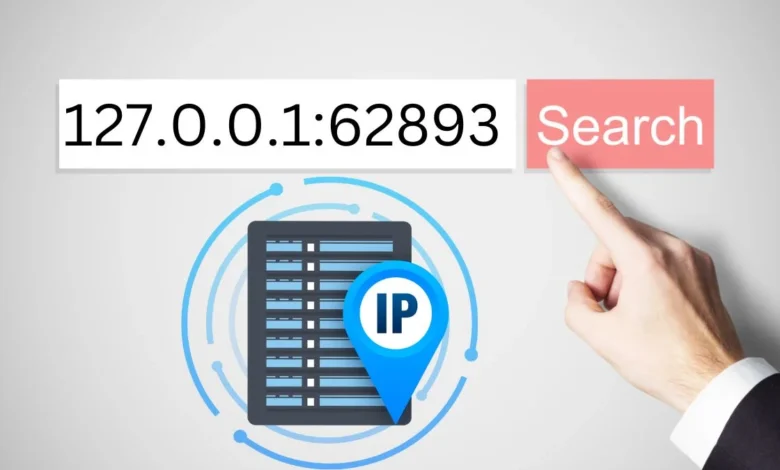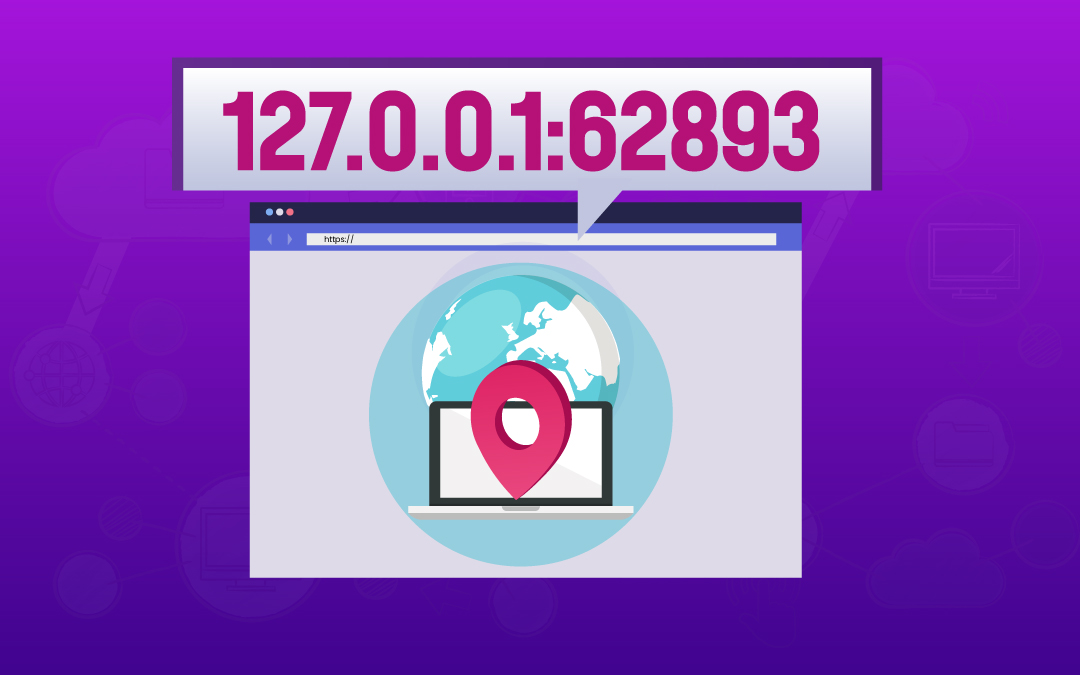Unlocking the Secrets of 127.0.0.1:62893: A Comprehensive Guide

Introduction to 127.0.0.1:62893
Welcome to the intriguing world of 127.0.0.1:62893! This seemingly random combination might look like a jumble of numbers and letters, but it holds fascinating secrets in networking and computing. You’re in for a treat if you’ve ever wondered what goes on behind the scenes when you access your favorite apps or websites.
This guide will cover the layers surrounding this unique IP address and port number. Whether you’re a novice curious about how things work or an experienced developer looking to enhance your knowledge, there’s something here for everyone. Get ready to dive deep into understanding 127.0.0.1:62893—its History, uses, and why it’s important in today’s landscape!
Understanding IP Addresses and Ports
IP addresses serve as unique identifiers for devices on a network. They function like postal addresses, ensuring data reaches the correct destination. Each IP address consists of four sets of numbers, separated by periods.
Ports are another essential component in this digital communication system. They act as entry points for specific services or applications on a device. While the IP address directs traffic to your computer, ports determine which program should handle that traffic.

An IP address and port number create a complete connection string—like 127.0.0.1:62893—indicating where and how to send data efficiently within local networks or over the internet.
Understanding these elements is crucial for troubleshooting connectivity issues or setting up new software applications effectively.
The History of 127.0.0.1:62893
The address 127.0.0.1 has long been regarded as the “loopba”k” addre”s in IP networking. It serves as a way for computers to communicate with themselves. It dates back to the early days of TCP/IP development and became an essential part of network architecture.
Port 62893’s specific History is less defined, but it represents one of the countless ephemeral ports dynamically assigned by operating systems during runtime. These ports are crucial for client-server communication.
Over time, developers relied on this combination to test applications locally without external connectivity. This practice allowed them to debug software efficiently and securely.
Today, using addresses like 127.0.0.1:62893 remains ubiquitous among programmers and system administrators, signifying a blend of historical significance and modern utility in local networking practices.
Common Uses for 127.0.0.1:62893
127.0.0.1:62893 serves various purposes in the tech world, primarily as a local host address combined with a specific port number.
Developers frequently use it to test applications during the development phase. Connecting to this IP address allows them to simulate how their app behaves without affecting live servers.
Another common application is debugging web services. This setup allows developers to identify and resolve issues locally before deploying changes into production environments.
Additionally, 127.0.0.1:62893 might be utilized by specific software tools that require network connections but should remain isolated from external traffic for security reasons.
System administrators also rely on this format when configuring local firewalls or monitoring tools, ensuring everything runs smoothly within their controlled networks while preventing outside interference.
Troubleshooting and Debugging with 127.0.0.1:62893
When troubleshooting, 127.0.0.1:62893 can be a lifesaver. This address points to your local machine, allowing you to test applications in real-time without external interference.
One common issue is connectivity problems within the local environment. If an application fails to communicate through this port, ensure the service runs appropriately and is listened to on the correct port.
Another challenge is that firewalls or security settings block access. Check your firewall rules and allow traffic through 62893 if necessary.
Debugging tools can also make a significant difference when working with this IP address and port combination. Many development environments offer built-in debuggers that can attach directly to local host services for efficient error tracing.
Utilizing logs effectively also helps pinpoint where things go awry. Analyze these logs carefully; they often reveal hidden errors immediately visible during testing sessions.
Advantages and Disadvantages of Using 127.0.0.1:62893
Using 127.0.0.1:62893 comes with its unique set of advantages and disadvantages.
One significant advantage is security. Since this IP address refers to the local machine, interactions remain isolated from external threats. This setup minimizes risks associated with remote access vulnerabilities.
Performance is another benefit. Localhost connections are faster since they bypass network latency issues. Developers can test applications seamlessly without worrying about internet speed or external factors affecting performance.
On the flip side, a notable disadvantage is limited accessibility. Using a local host means only users on that specific device can connect, complicating collaboration in team environments.
Additionally, troubleshooting can become challenging when relying solely on local host testing. Issues may surface once an application moves onto an external server, leading to surprises during deployment stages.
7
The significance of 127.0.0.1:62893 cannot be overstated in today’s landscape. This address, often called localhost, serves as a gateway for developers and tech enthusiasts to explore the inner workings of networking and application development.
It acts as a testing ground where ideas can flourish without interference from external networks or servers. Whether you’re troubleshooting an issue or experimenting with new software configurations, 127.0.0.1:62893 provides an invaluable platform for innovation.
While it does have limitations—such as being restricted to local communication—the benefits far outweigh any drawbacks for those who understand how to navigate this unique IP address effectively.
Embracing the potential of 127.0.0.1:62893 opens up endless possibilities in web development and network management, making it essential for anyone looking to sharpen their technical skills further.
As you delve into your projects using this powerful tool, remember that experimentation is key! Explore new functionalities and push boundaries while utilizing the security of working locally through this IP address and port combination.




